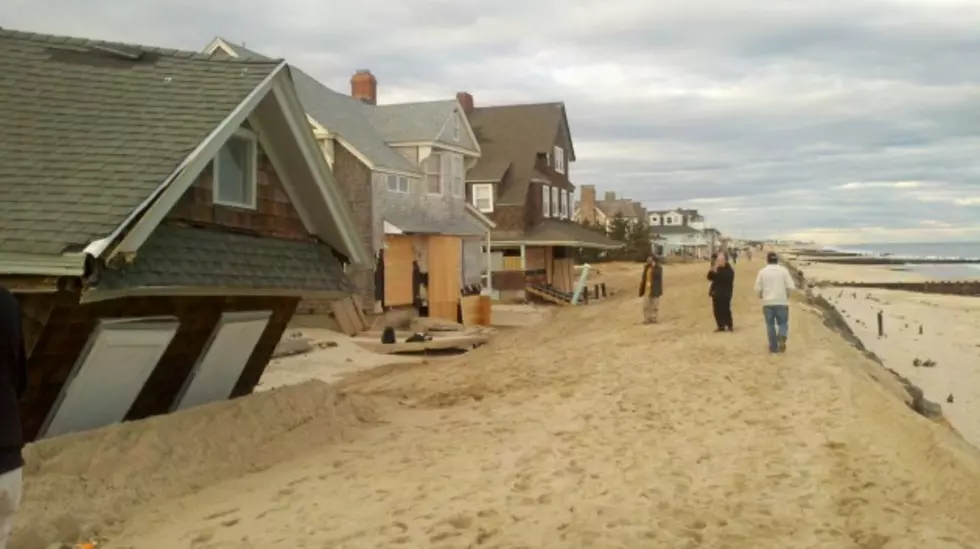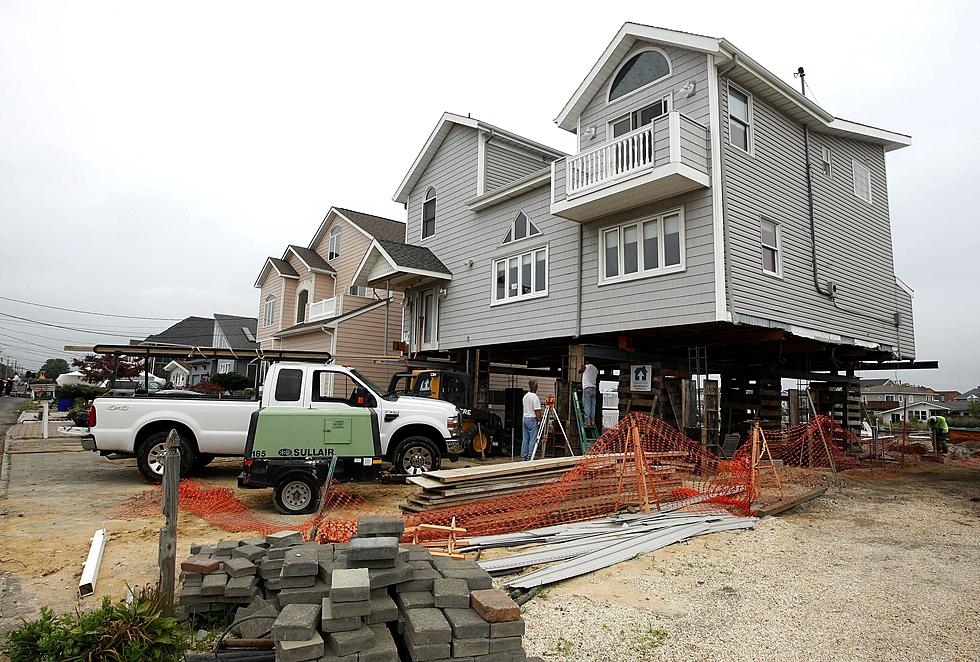
Minority Groups Reach Sandy Aid Distribution Settlement with NJ and HUD
Groups representing minorities and the working poor in New Jersey announce that the State of New Jersey has settled a fair housing complaint involving the distribution of federal disaster funds. The agreement was reached recently with the U.S. Department of Housing and Urban Development (HUD) and the State of New Jersey with the Latino Action Network and the NJ NAACP.
The changes are aimed at making it easier for non-english speaking citizens to apply for federal disaster aid. It also adds a significant amount of additional funding to help Sandy-displaced minority and working poor families rebuild and find permanent housing.
The agreement includes the availability of a bilingual web site and recovery counselors, more financial assistance for displaced renters and requires a re-review of rejected applications to the Reconstruction, Rehabilitation, Elevation and Mitigation (RREM) program, according to Latino Action Network President Frank Argote-Freyre.
"Spanish-speaking staff will be available at every recovery center and homeowners and renters will be given the chance to live in or closer to their homes that were damaged," said Argote-Freyre.
In a press release from the Latino Action Network, the changes include:
- Provides a minimum of $215 million in addition to $379 million previously allocated to build replacement homes for people impacted by Sandy, and for the first time sets firm targets for prioritizing the most impacted communities in New Jersey, especially the three most impacted counties, Ocean, Monmouth, and Atlantic, to ensure that people are not forced to leave their communities permanently as a result of the storm.
- Establishes a $15 million pool for immediate help for renters who are still displaced from Sandy, which can be used for up to two years while replacement homes are being built.
- Requires a re-review of the applications of everyone rejected from the RREM program, responding to information that nearly 80 percent of rejected applicants whose applications were reviewed were incorrectly rejected, with rejection rates 2.5x higher for African-Americans and 1.5x higher for Latinos.
- Requires the State to provide equal access to non-English speakers for all programs funded with HUD's disaster recovery funds and to build a bilingual website for all programs.
- Provides that as new programs open, there must be equal access for applicants whose primary language is not English from day one.
- Requires compliance with Section 3 requirements, which provide a preference for local contractors to do federally funded work and access the job opportunities over out of state contractors.
- Provides an additional $10 million in addition to $50 million previously allocated to help people with special needs impacted by Sandy.
- Provides enhanced outreach to low- and moderate-income communities that have been underserved by the recovery to date, including enhanced partnerships with community groups and housing counseling to help people who are facing financial distress in recovering from Sandy, and integrates outreach to Spanish and Portuguese speaking communities into this outreach process.
- Provides a minimum of $10 million to help people in manufactured homes recover from Sandy and rebuild or replace their homes, including the heavily Latino portions of Moonachie impacted by Sandy.
- Allows applicants to get funds without a substantial damage letter previously required by the state, which has been a particular problem for Latinos in the Iron bound section of Newark and elsewhere, and allows both renters and owners to show concrete proof of damage through other means such as home inspections if FEMA calculated damage incorrectly.
- Requires the State to comply with the Open Public Records Requests related to Sandy in a timely fashion and to provide more public information to make sure Sandy funds are being distributed fairly.
According to U.S. Senator Robert Menendez, who addressed concerns with HUD Secretary Shaun Donovan in March, "The people of New Jersey need to know that the Sandy recovery effort is being run fairly, efficiently, and transparently," said Sen. Menendez. "I am pleased to see HUD and the state addressing some of the core issues I raised at my hearing earlier this year, particularly regarding New Jerseyans who may have been improperly excluded from relief."
Get more information from the Latino Action Network on line at: www.latinoactionnetwork.org
More From 92.7 WOBM









